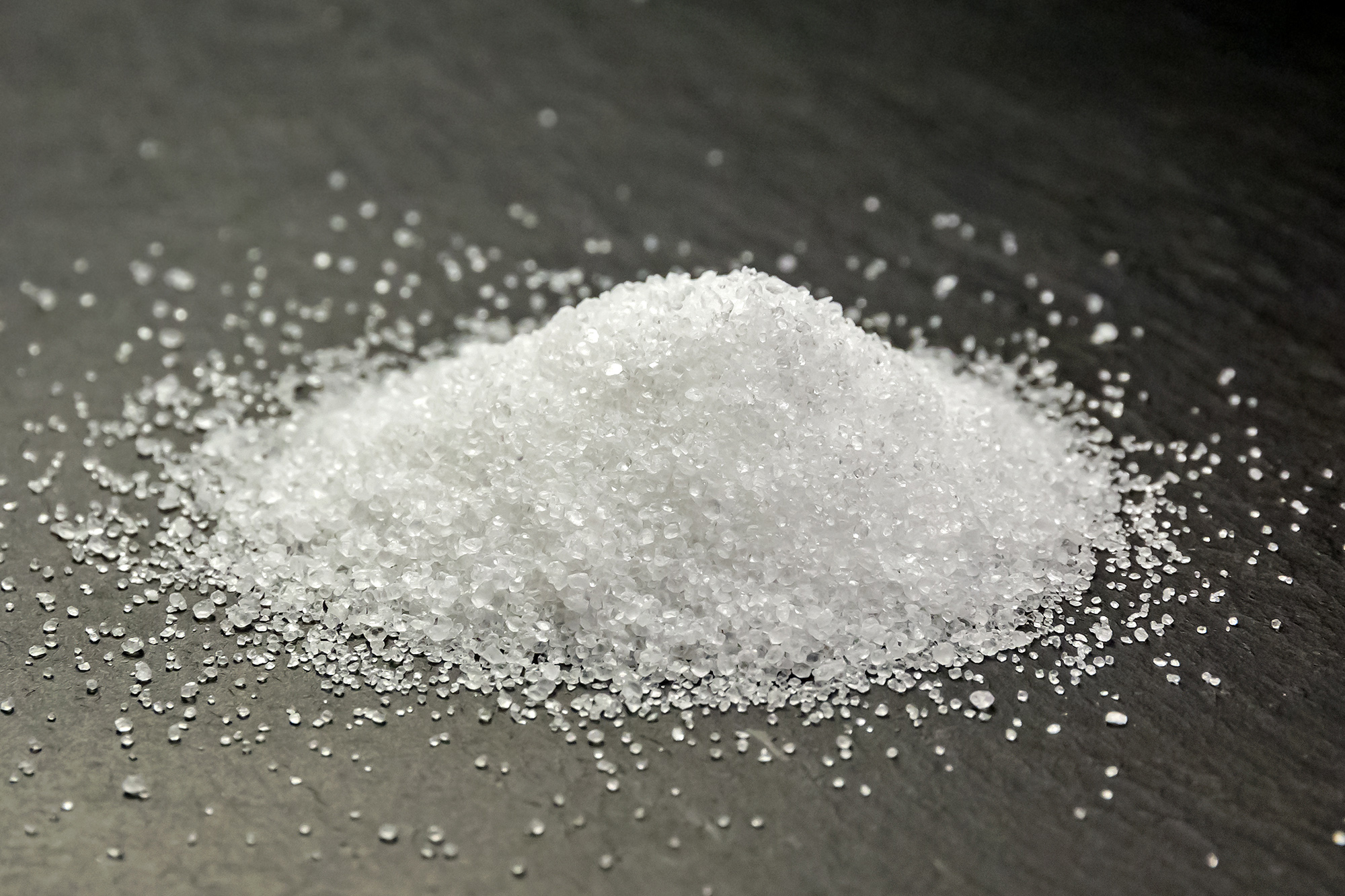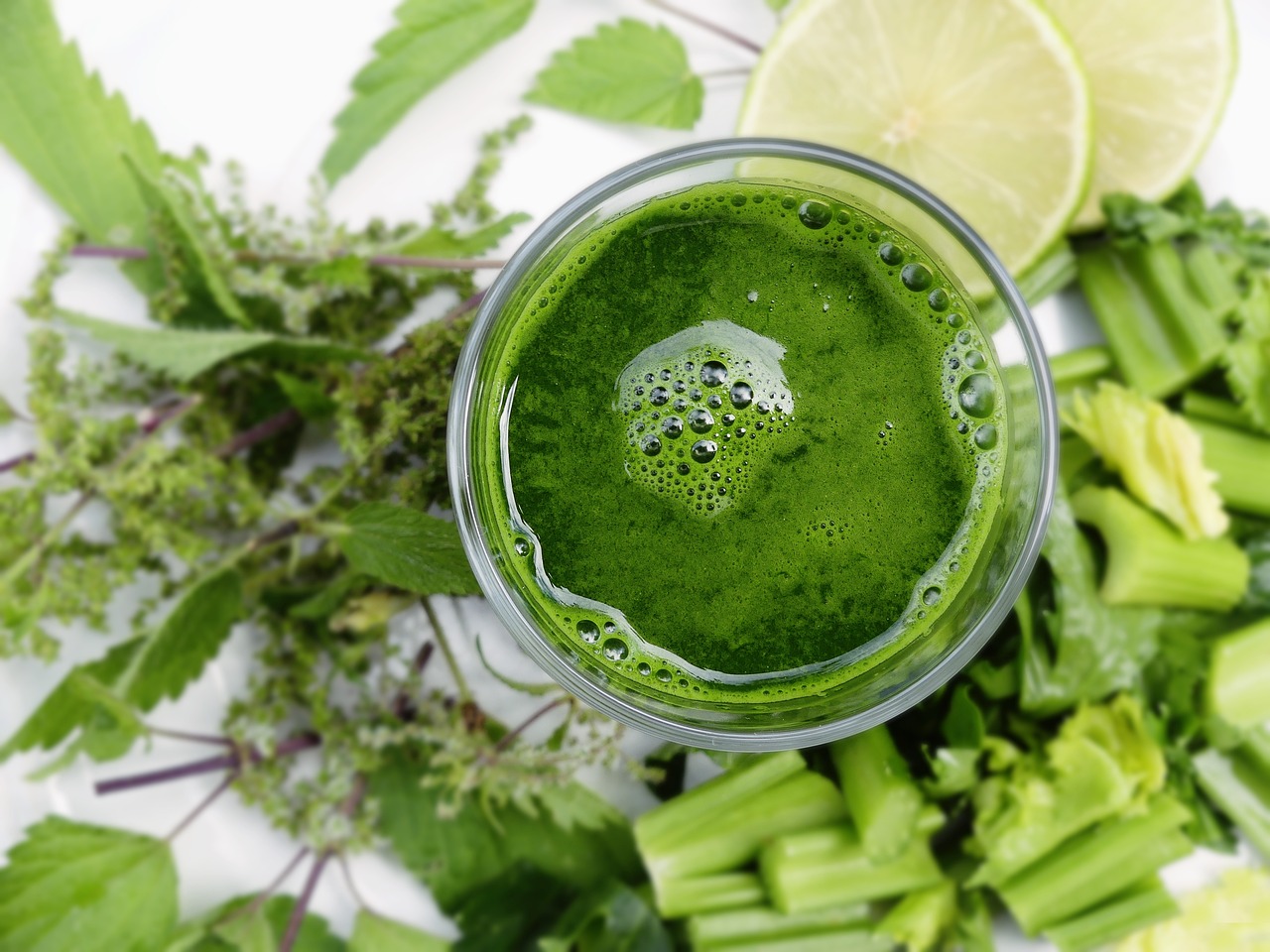Erythritol artificial sweeteners have gained popularity in recent years as an alternative to sugar due to the growing concern about the harmful effects of sugar consumption on human health, such as weight gain, diabetes, and cardiovascular disease. In this article, we will explore what erythritol is, its benefits and drawbacks, and why it is a safe and healthy sugar substitute.
Sweet Nature Erythritol Sugar Free Sweetener – All Natural – Non GMO – Kosher- Keto Friendly 80 oz
What is Erythritol?
Erythritol is a sugar substitute that belongs to the family of sugar alcohols. It has a chemical structure similar to that of sugar but with fewer calories and a different metabolic pathway. Erythritol is naturally occurring in fruits such as pears, melons, and grapes. It is also produced commercially by fermenting glucose with yeast or fungi.
Benefits of Erythritol
Low-Calorie Content: Erythritol artificial sweeteners have a low calorie content compared to regular sugar, making it an excellent option for people who want to lose weight or maintain a healthy weight. Erythritol contains only 0.2 calories per gram, whereas sugar contains 4 calories per gram.
Does Not Affect Blood Sugar Levels: Erythritol does not significantly affect blood sugar levels, making it a safe option for people with diabetes or those who are watching their blood sugar levels.
Does Not Promote Tooth Decay: Erythritol does not promote tooth decay, unlike regular sugar. This is because the bacteria in the mouth cannot metabolize erythritol, which means it does not produce the acid that causes tooth decay.
Easy to Digest: Erythritol is easy to digest and does not cause gastrointestinal distress or bloating, unlike some other sugar substitutes.
Drawbacks of Erythritol
Cooling Sensation: Some people may experience a cooling sensation in the mouth when consuming erythritol. This sensation is due to erythritol’s cooling effect when it dissolves in water. However, the cooling sensation usually subsides quickly and is not harmful.
Cost: Erythritol artificial sweeteners can be more expensive than regular sugar or other sugar substitutes, making it less accessible for some people.
Why Erythritol is a Safe and Healthy Sugar Substitute
Erythritol is a safe and healthy sugar substitute because it is not metabolized in the same way as sugar, which means it does not significantly affect blood sugar levels. Erythritol also does not promote tooth decay and is easy to digest, making it a suitable option for people with gastrointestinal issues. Additionally, the cooling sensation that some people experience when consuming erythritol is harmless and usually subsides quickly.
Conclusion
Erythritol artificial sweeteners are a safe and healthy sugar substitute for people who want to reduce their sugar intake. Erythritol has a low calorie content, does not affect blood sugar levels, does not promote tooth decay, and is easy to digest. While erythritol may be more expensive than regular sugar, it is an excellent option for people who want to maintain a healthy weight or have diabetes or other health conditions that require monitoring their sugar intake.
Here are some frequently asked questions about Erythritol Artificial Sweeteners:
- What is Erythritol? Erythritol is a sugar alcohol that is commonly used as a low-calorie sweetener. It is naturally occurring in some fruits and fermented foods, but most commercial erythritol is made by fermenting cornstarch.
- How many calories does Erythritol have? Erythritol is a zero-calorie sweetener, meaning that it provides no calories or carbohydrates to the body.
- How does Erythritol compare to other artificial sweeteners? Erythritol is often compared to other low-calorie sweeteners such as stevia and xylitol. It is generally considered to be more similar in taste and texture to sugar than other sweeteners, and has a lower risk of causing digestive issues compared to xylitol.
- Is Erythritol safe for consumption? Erythritol has been deemed safe for consumption by many health organizations, including the US Food and Drug Administration (FDA) and the European Food Safety Authority (EFSA). However, some people may experience digestive issues such as bloating and gas if they consume large amounts.
- Can Erythritol be used in baking? Yes, Erythritol can be used in baking as a substitute for sugar. However, it may not provide the same texture and browning effects as sugar, so recipes may need to be adjusted accordingly.
- Does Erythritol affect blood sugar levels? Erythritol has a negligible effect on blood sugar levels and insulin, making it a popular choice for those following a low-carb or ketogenic diet.
- Can Erythritol be harmful to pets? Erythritol can be harmful to pets, particularly dogs, and should be kept out of their reach. Even small amounts can cause hypoglycemia (low blood sugar) and other health issues in dogs.
- Is Erythritol a natural sweetener? Erythritol can be considered a natural sweetener because it is found naturally in some fruits and fermented foods. However, most commercial erythritol is made by fermenting cornstarch, which may not be considered natural by some standards.
- Is Erythritol safe for people with diabetes? Erythritol is generally considered safe for people with diabetes, as it does not affect blood sugar levels or insulin. However, it is important to note that some people may still experience digestive issues if they consume large amounts.
- Can Erythritol be used in hot beverages? Yes, Erythritol can be used in hot beverages such as coffee and tea. However, it may take longer to dissolve compared to sugar, and some people may notice a cooling sensation in their mouth when using erythritol in hot liquids.











